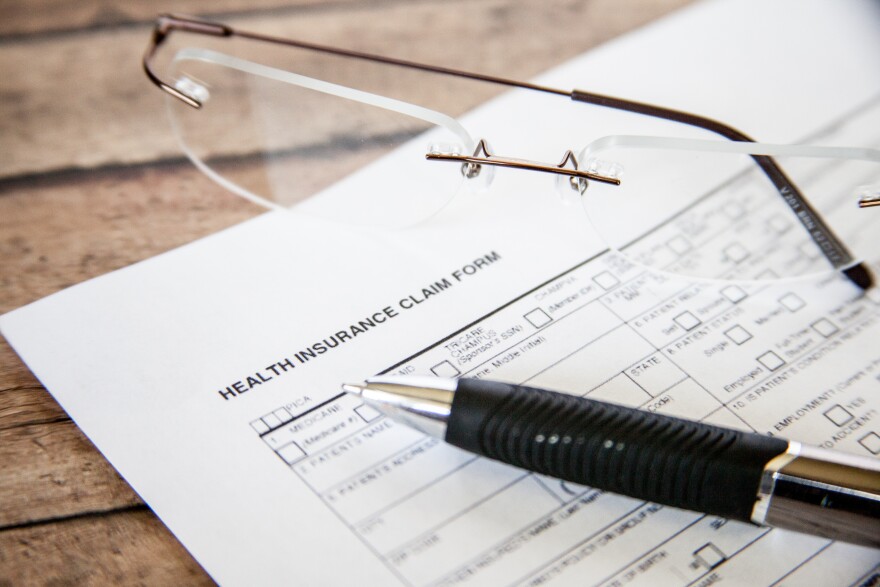State insurance regulators say former customers of a now-bankrupt health care sharing ministry will be automatically eligible for refunds after a federal judge recently approved a liquidation plan, but caution they will likely receive a small fraction of what they are owed.
Sharity Ministries, formerly known as Trinity Healthshare, operated as a health care sharing ministry, serving as many as 1,200 residents in New Hampshire. Unlike traditional health insurance, members of sharing ministries pledge to uphold certain religious values, and then pay monthly premiums with the expectation that the money will be shared when medical bills arise.
Sharity and Aliera Healthcare, both based in Georgia, were targeted by state regulators in 2019 after receiving complaints from residents about unpaid claims. After the Insurance Department issued a cease and desist order, Aliera filed a civil lawsuit against the state that remains ongoing. In June, Sharity filed for Chapter 11 bankruptcy protection.
“Consumers who had a plan with Sharity, Aliera Healthcare or Trinity Healthshare will have a claim opened for them automatically, and may be entitled to recovery through the bankruptcy action in Delaware. Claims are based on the greater of two figures: a member’s total monthly payments to Sharity or their total gross unpaid medical bills,” the Insurance Department wrote in a statement. “In most cases, however, the money recovered will likely be a fraction of the total.”
The department says any consumers who wish to amend their claims have until January 4 to do so. The state’s administrative action against the companies, which could result in fines, remains on hold as legal proceedings in state and federal court proceed.
“We are going to continue to ensure that these two entities are held accountable to the greatest extent possible,” D.J. Bettencourt, deputy commissioner at the department, said in an interview.
Aliera has come under scrutiny for its business practices in a number of states, including Texas, Colorado and Washington. In its lawsuit against the state, Aliera alleged it was the victim of religious discrimination.
Health care sharing ministries do not have to follow regulations that apply to traditional insurers, including the consumer protections included in the Affordable Care Act. Monthly premium fees are often less than traditional health insurance, though members aren’t guaranteed coverage for any health care procedure.
“Our thinking is: Buyer beware,” said Andrew Demers, spokesperson for the Insurance Department. “You have to do the due diligence when you are evaluating any product…and these health sharing ministries are no different.”







